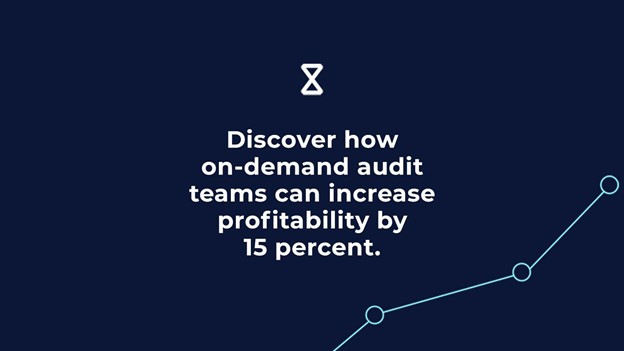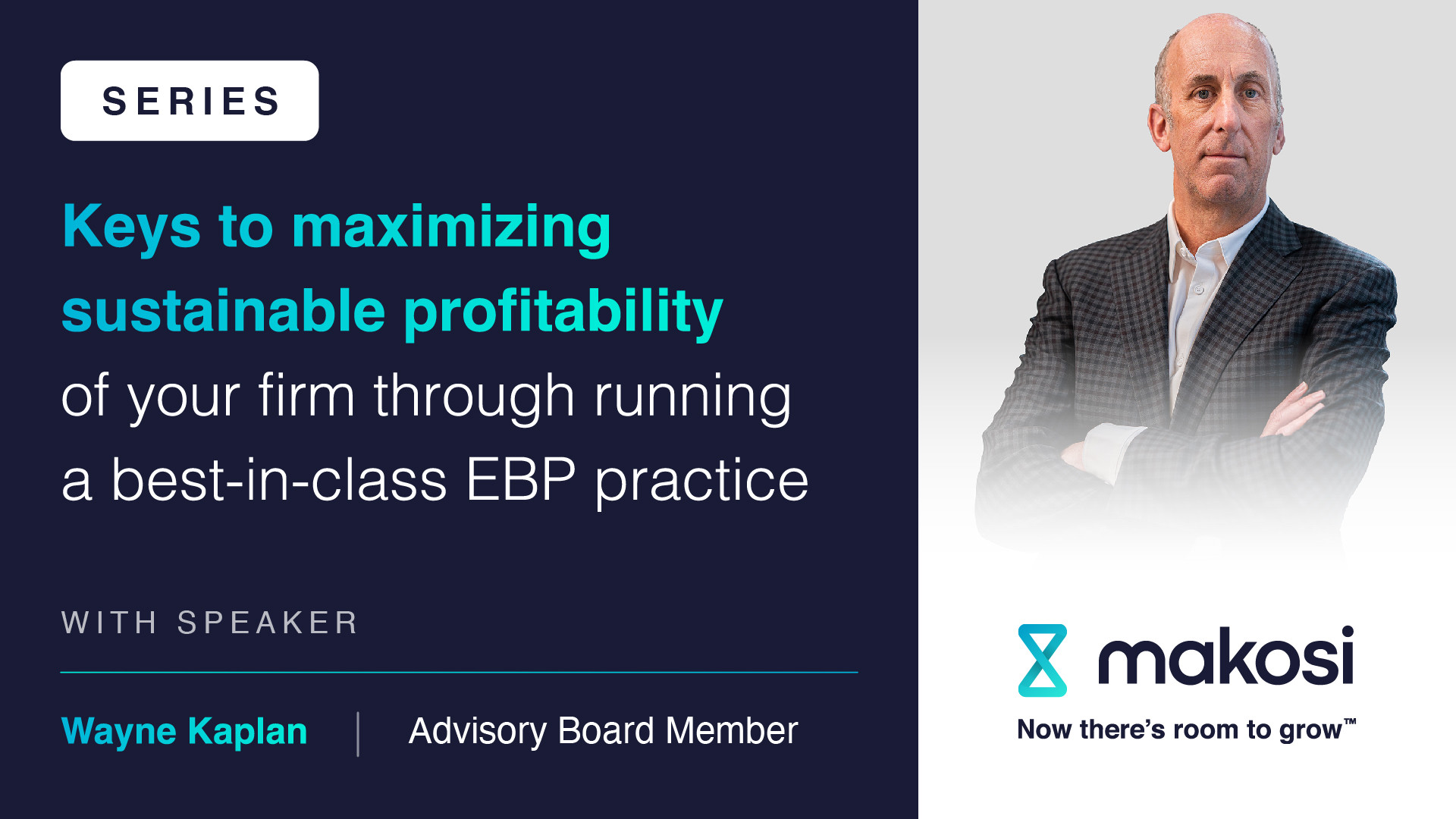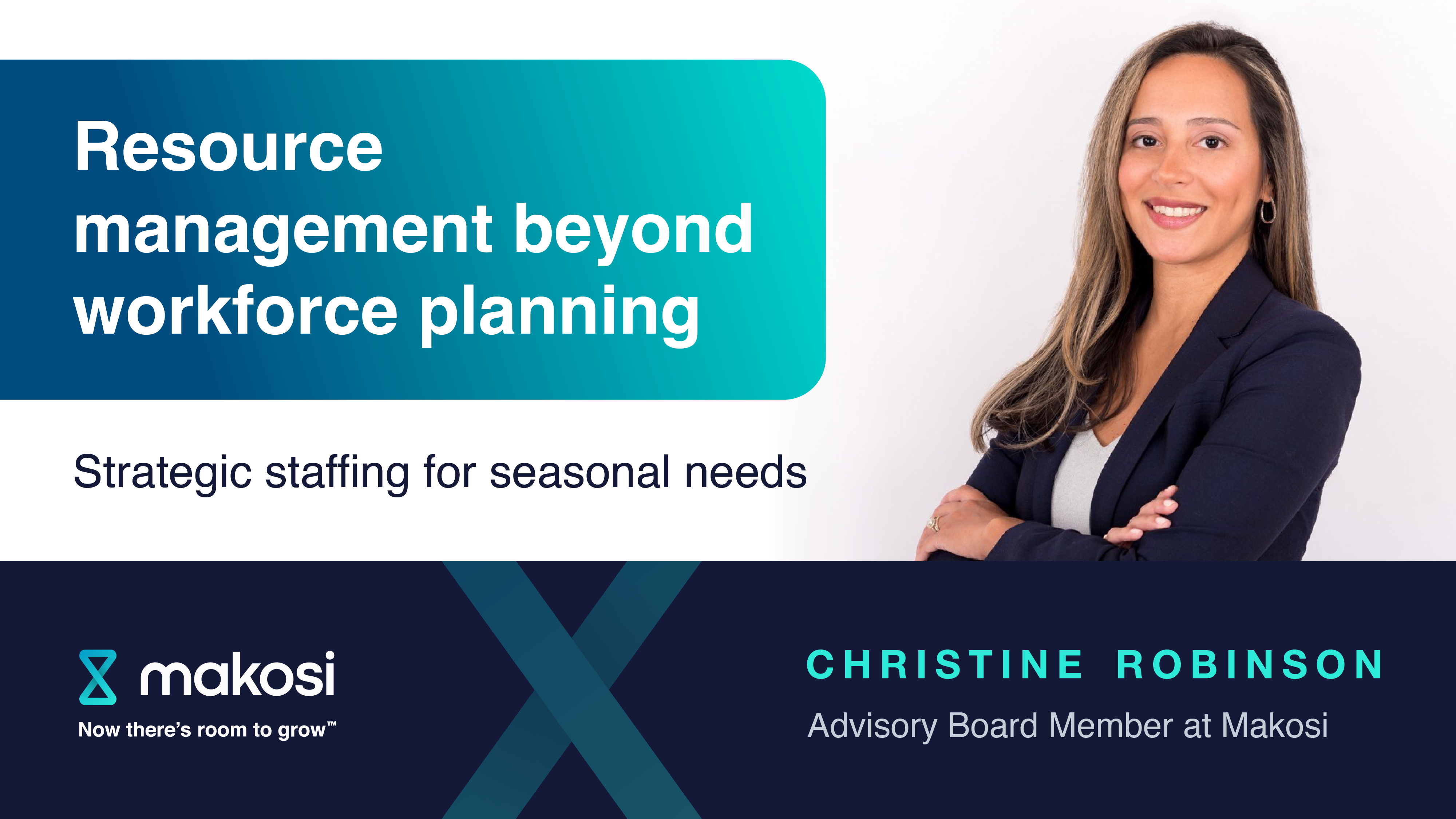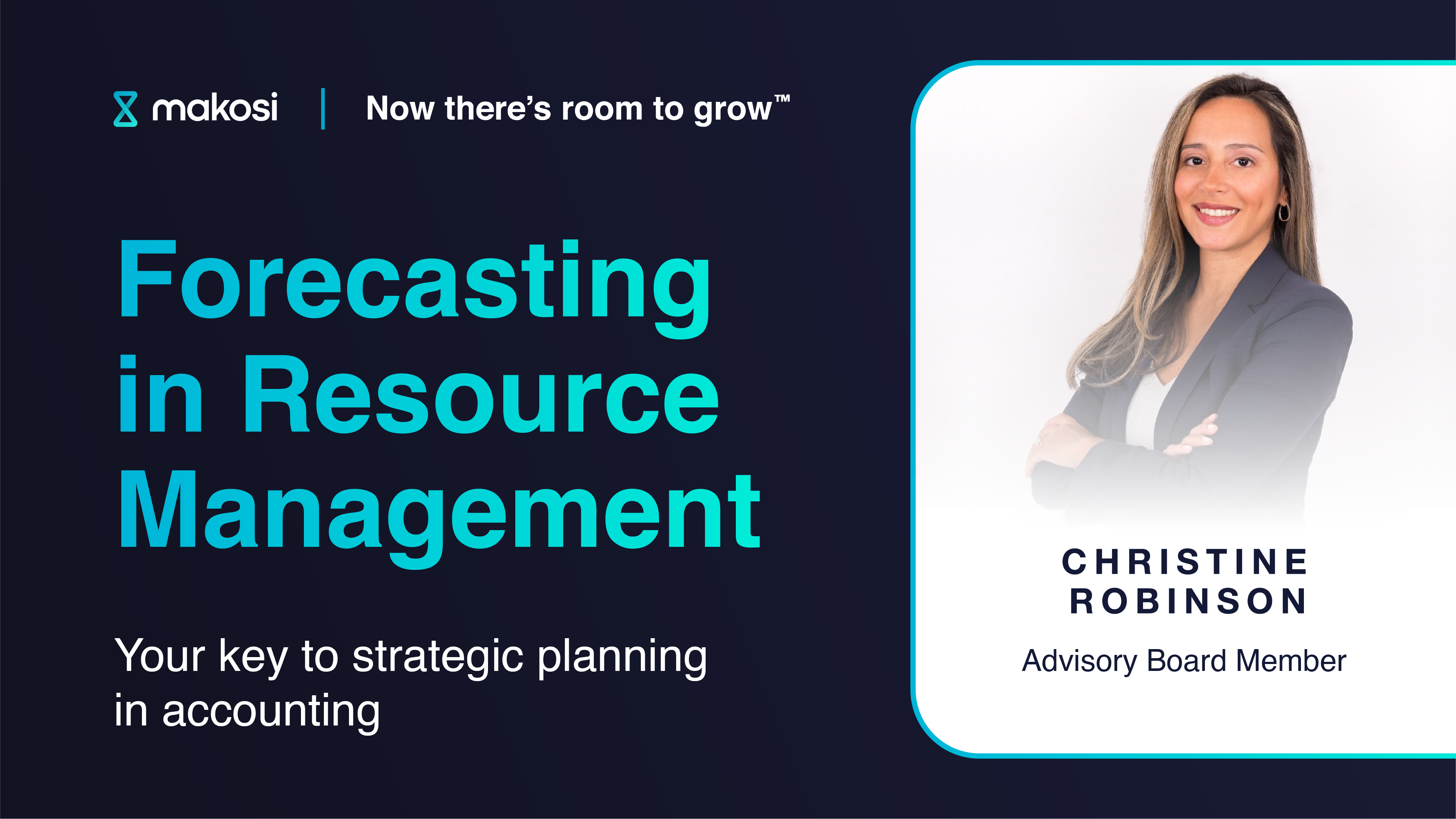In an era of skills shortages, automation, and digital transformation, public accounting firms are dealing with an ever-growing number of recruitment and retention challenges dealing with audit teams. Large firms face annual turnover rates up to 20 percent. Given that replacing those full-time employees can cost up to 60 percent of their yearly salary upfront, mitigating turnover proves to be a worthwhile investment. So how can firms find the right people with the right skills at the right time at the right price?
Employee retention and temporary (or “temp”) staffing solutions aren’t the only way to fill talent gaps and reduce expenditures. There’s a third-path approach that alleviates HR challenges and helps you find the best people to populate your audit ecosystem.
As you read on, you’ll find:
- How traditional staffing solutions are falling short in the modern workforce landscape
- The often overlooked costs of traditional staffing solutions
- Ways the third-path approach to staffing can increase profitability, productivity, and worker satisfaction
- Next steps to deploy skilled, on-demand, and virtual-enabled audit teams in time for busy season
Why traditional staffing and workforce solutions belong in the past
Because audit work naturally fluctuates, it’s incredibly difficult and expensive to maintain a full-time team year round. The workload ebbs and flows, with busy season frontloading much of the work during the first quarter of each year. But what’s the alternative? Temp agencies typically juggle large talent rosters and serve dozens—if not hundreds—of clients who are all competing for the best talent. As such, lengthy lead times can leave audit teams understaffed when they urgently need more manpower.
The same goes for recruiting full-time hires through traditional hiring methods. According to Glassdoor, hiring a new team member in the United States takes 24 days on average. If you recently lost an auditor or need to hire during busy season, that 24 days could make or break your team’s productivity—and your firm’s bottom line. Not to mention the cost of training, retention, and benefits associated with full-time employees.
Generational motivations associated with up-and-coming talent also need to be considered. Not long ago, Traditionalists and Baby Boomers were the most dominant players in the workforce. Driven largely by stability and recognition, these generations shaped and contributed to the 9-to-5 work structure we know today.
A changing work landscape
As Traditionalists and Baby Boomers age out of the workforce, Millenials and Gen Z are taking their seats at the table. These younger generations are more strongly motivated by autonomy, freedom, and purpose—amenities that are harder to find within the confines of traditional 9-to-5 employment arrangements. As a result, Millennials and Gen Z are turning to freelance and gig work in record numbers, according to a report by Upwork.
Unfortunately, gig work comes with many setbacks as well. Namely, as it stands today, gig work is highly unregulated. This means gig workers receive little or no career development support and their clients receive unpredictable results. This can cost a substantial amount of time and money.
The true cost of traditional staffing solutions
As mentioned previously, hiring full-time employees in response to attrition can cost up to 60 percent of their annual salary. According to data from Indeed, the average base salary for an auditor in the United States is $68,422. That means it costs $41,053 to replace an auditor at the lower end of the payscale.
It’s true that in some cases, re-hiring full-time employees is necessary. However, certain situations demand a more agile and cost-effective solution. This is where the third-path approach meets firms where they are—and pairs them with the talent they need to meet deadlines and revenue targets.
What is the third-path approach?
To keep up with evolving workforce demands and generational motivations, firms need to think outside the box. Up until now, firms have had to choose between two main options: maintain a full-time staff or employ a staffing firm to fill talent gaps with “temp” or “gig” workers.
Enter the third-path approach, which ends the “either or” model split strictly between two options that—quite frankly—aren’t working for audit teams. The third-path approach isn’t a replacement for in-house teams, and it isn’t a fancy form of temp or gig work either. Rather, it’s a strategic approach that harnesses the power of technology to build a nimble and engaged workforce.
The third-path approach to managing the people behind audit work enhances HR’s ability to build an agile audit ecosystem, with a model that offers unprecedented flexibility, scalability, and cost-effectiveness. Essentially, it combines flexibility to meet the fluctuating needs of audit firms with talent development that enables them to operate proactively with more predictability. Using this approach, Makosi client case studies reveal audit savings up to 15 percent.
Applying the third-path approach to audit teams
On-demand talent doesn’t replace in-house teams. Rather, it provides an additional tool for HR teams to build stronger, more strategic, and more cost-effective workforce solutions that pave the way for the future of audit teams. So, when should you apply the third-path approach? There are several cases when on-demand audit teams can serve your firm well:
- To fill workforce gaps during unplanned or temporary turnover, such as when an employee resigns or goes on maternity leave.
- To backfill a position when one of your in-house employees is assigned to a specialized project for a period of time.
- When you need a subject matter expert to perform a specific task or project that’s outside your in-house team’s area of expertise.
- When you need all hands on deck (plus a few more) to cover increased workloads due to busy season or an influx of new client accounts.
With over 1,000 verified auditors worldwide, Makosi can help you meet any challenge in alignment with your in-house team.
A workforce that works for you—and your bottom line
Makosi is not a staffing firm. Unlike traditional staffing solutions, we focus exclusively on the third-path approach to strategically fill workforce gaps with top audit talent. With Makosi’s innovative workforce solutions, you can tap into the best auditors from around the world—and get them onboarded within 48 hours. Not days. Not months. Hours.
Get the talent you need to manage busy season and beyond. Makosi provides end-to-end talent management and support to ensure you and your Makosi Audit Seniors are set up for success. From onboarding to ongoing coaching, training, and development opportunities, we do everything in our power to help our candidates achieve their full potential. The result? You get a motivated workforce—without the expensive leads times and high overhead costs. Get in touch to learn more about how Makosi is driving the future of audit workforce strategy, and what it can do for your firm.







